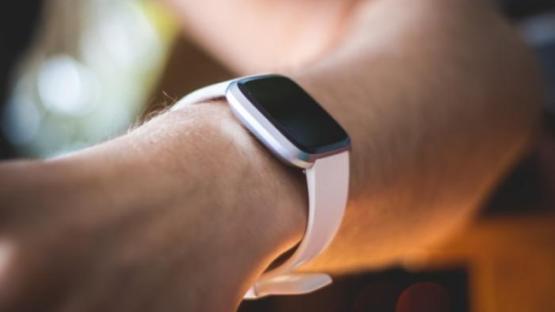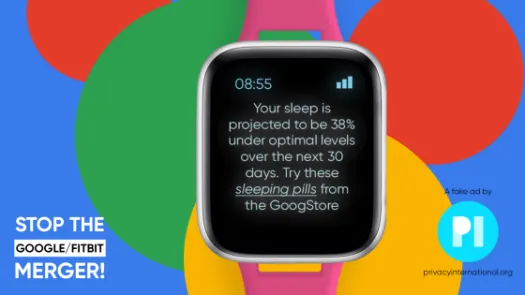
Google wants to acquire Fitbit, and we shouldn’t let it!
In November 2019, Google announced their plan to acquire Fitbit, a company that produces and sells health tracking technologies and wearables. This can potentially give Google ever more dominance in online markets at the expense of our rights. Here's why we should all be concerned.

Even if we are not Fitbit users, we all need to stop and think about the implications of this merger. There is a reason that our health data is subject to higher levels of protection - its intimate, reveals vast amounts about our everyday lives, and the potential consequences if exploited can be devastating. Google should be keeping its hands off our health data.
Sign our letter to the European Commission, asking them to block the Google/Fitbit merger.
Let's tell Google, 'NOT ON OUR WATCH!'


